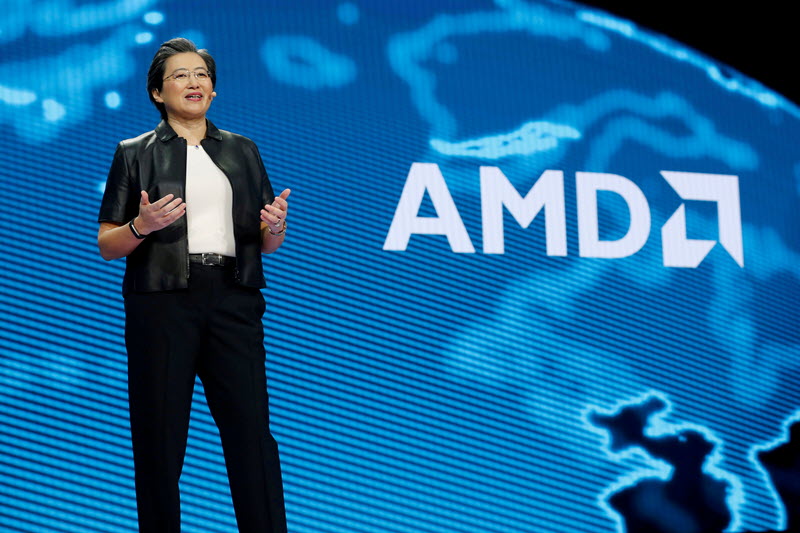Gold scales new record high; nears $4,200/oz on Fed easing bets, trade tensions
Advanced Micro Devices, Inc. (NASDAQ:AMD) stock has reached a 52-week low, dipping to $114.41, as investors navigate a challenging market environment. According to InvestingPro data, the company currently maintains a market capitalization of $186 billion, with analysis suggesting the stock is currently undervalued. The semiconductor company, known for its competitive edge in the CPU and GPU markets, has seen its share price contract significantly over the past year. With a beta of 1.66 and revenue growth of 9.88%, AMD demonstrates both its market sensitivity and continued expansion. The 1-year change data for AMD reflects a notable decline of -35.3%, underscoring the broader tech sector's volatility and investor concerns over supply chain issues and potential cooling demand for electronics. Despite the current low, AMD remains a key player in the industry, with market watchers closely monitoring its strategic moves and potential for recovery. The company maintains a healthy current ratio of 2.5, while analyst targets range from $110 to $250 per share. For deeper insights into AMD's valuation and 15+ additional ProTips, explore the comprehensive research available on InvestingPro.
In other recent news, NVIDIA Corporation (NASDAQ:NVDA) and Advanced Micro Devices (AMD) have undergone significant revisions by KeyBanc Capital Markets, leading to a more negative stance on both companies. NVIDIA's revenue projections for its data center compute segment have been reduced from $200 billion to $185 billion due to anticipated declines in demand for Hopper GPUs and lower contributions from Blackwell GPUs. Despite these challenges, KeyBanc maintains an Overweight rating on NVIDIA. AMD's estimates and price target have also been lowered, though the firm retains its Overweight rating for AMD.
In a separate development, AMD has invested $20 million in Absci Corporation, a strategic move aimed at enhancing Absci's AI-driven drug discovery capabilities using AMD's Instinct accelerators and ROCm software. This partnership is expected to reduce infrastructure costs and expedite innovation cycles. On the other hand, Goldman Sachs has downgraded AMD's stock from Buy to Neutral, citing concerns over increased competition in accelerated computing and potential impacts of Arm-based custom CPUs.
These are recent developments in the semiconductor sector, showcasing the dynamic landscape and the potential challenges and opportunities that lie ahead for these companies.
This article was generated with the support of AI and reviewed by an editor. For more information see our T&C.
